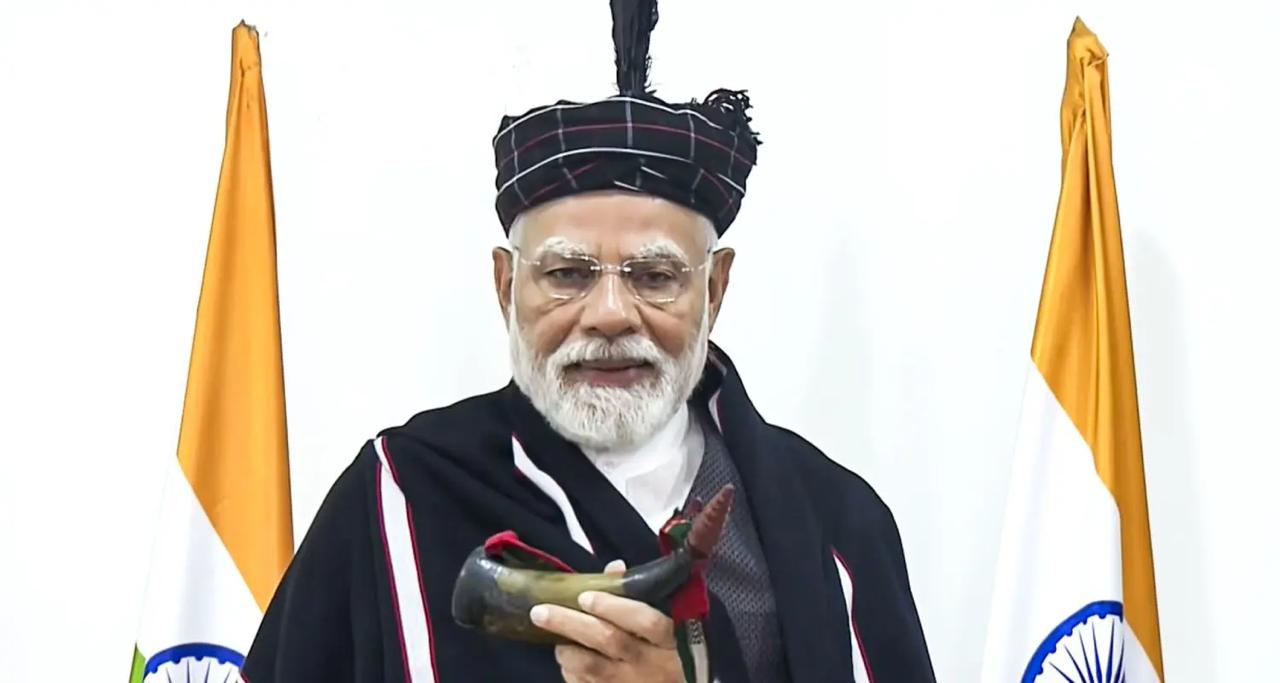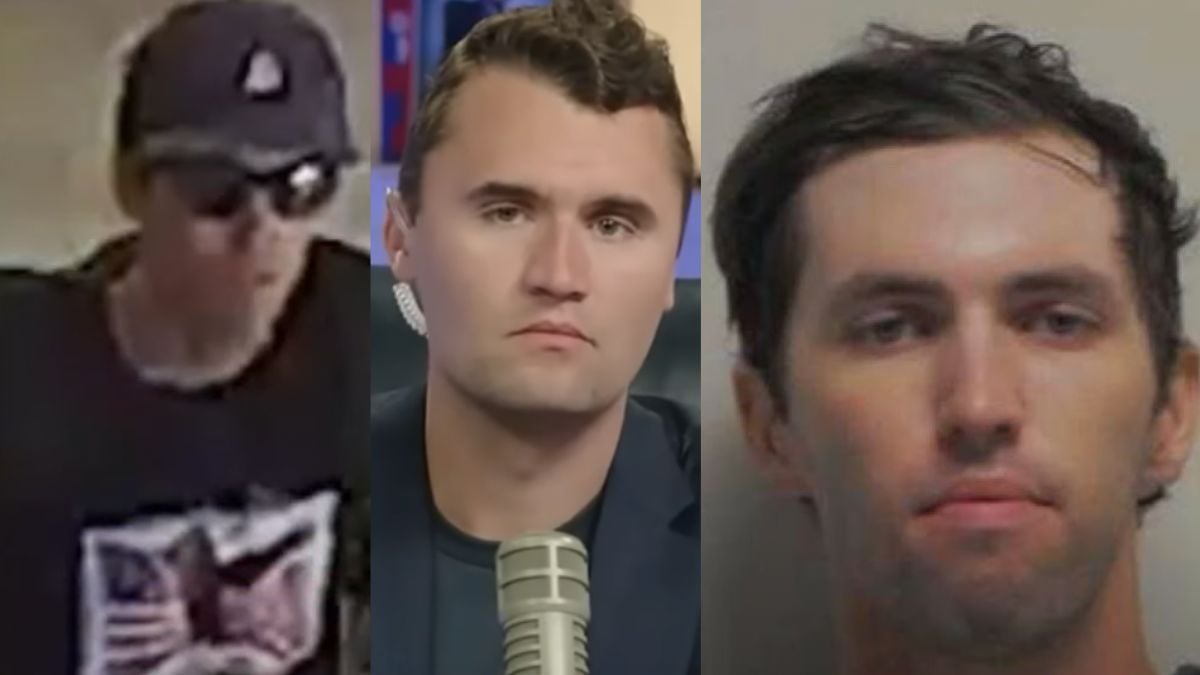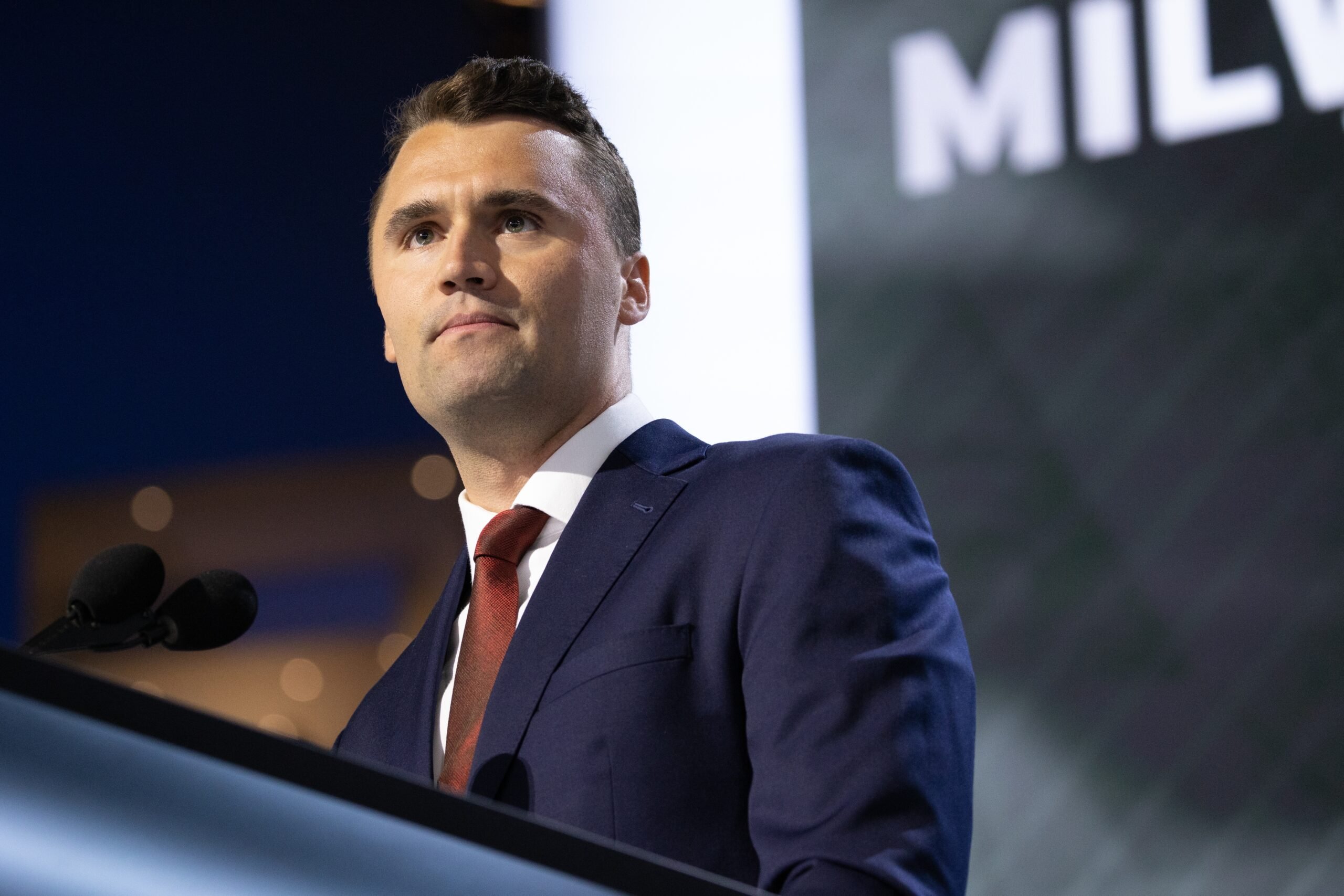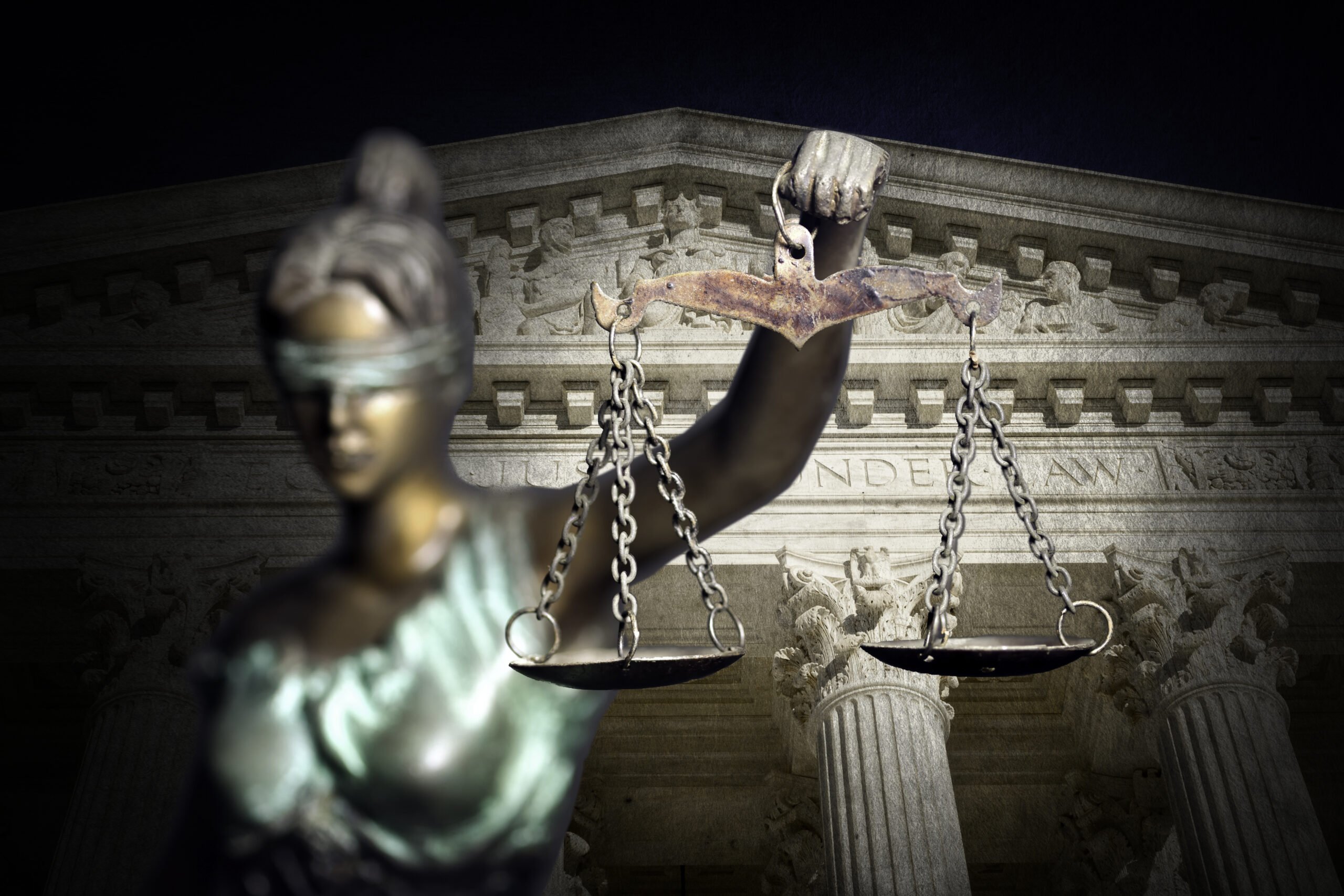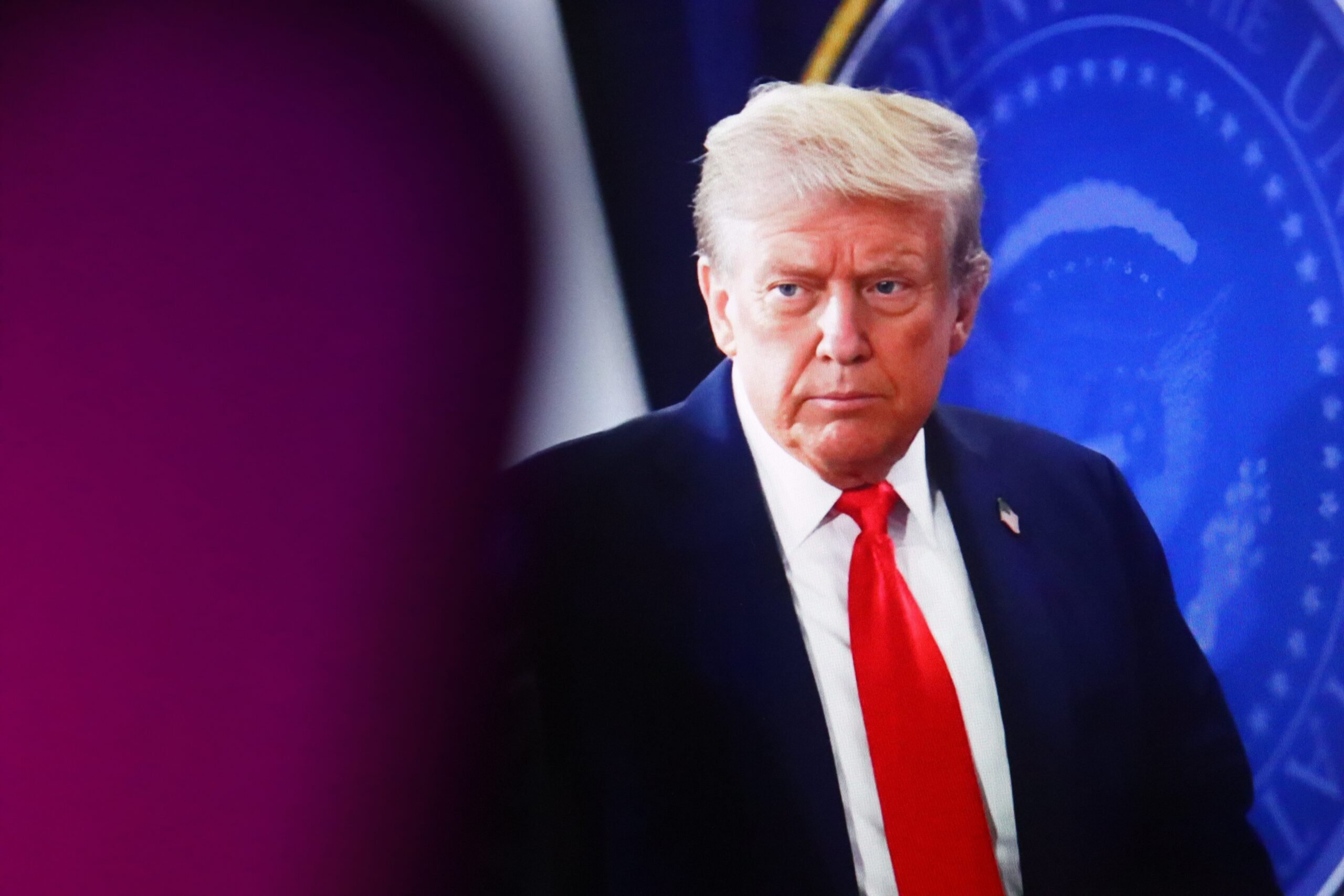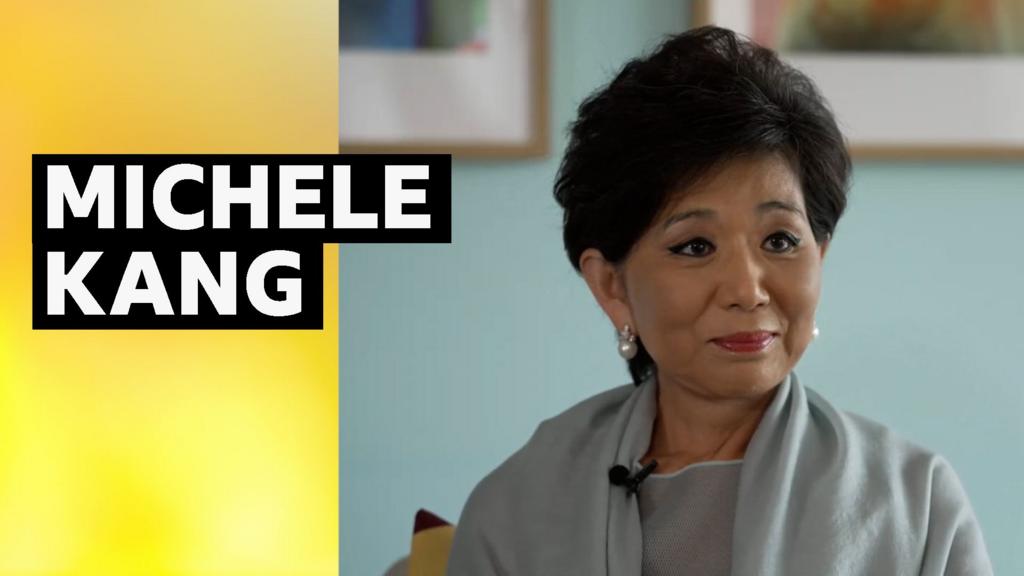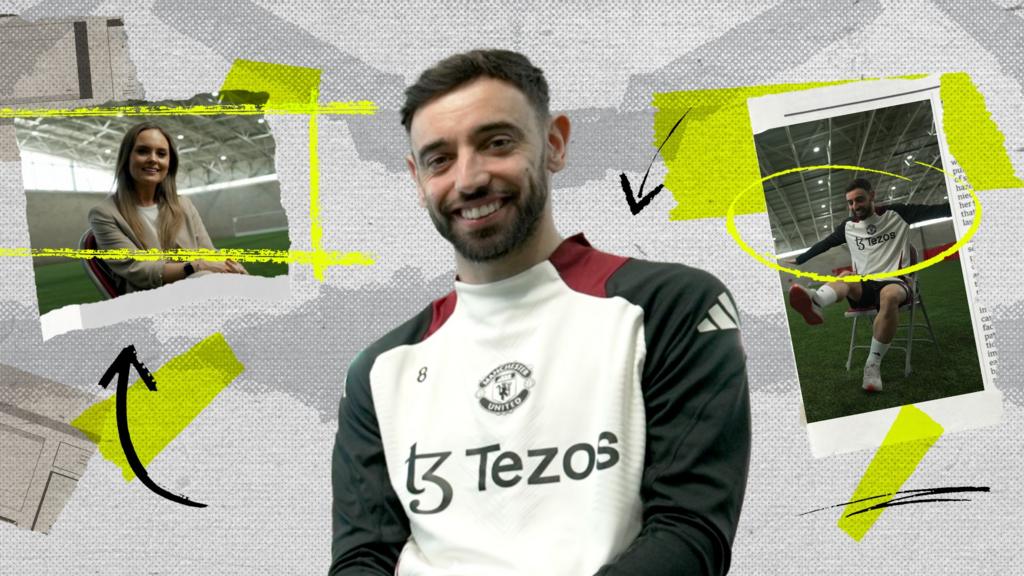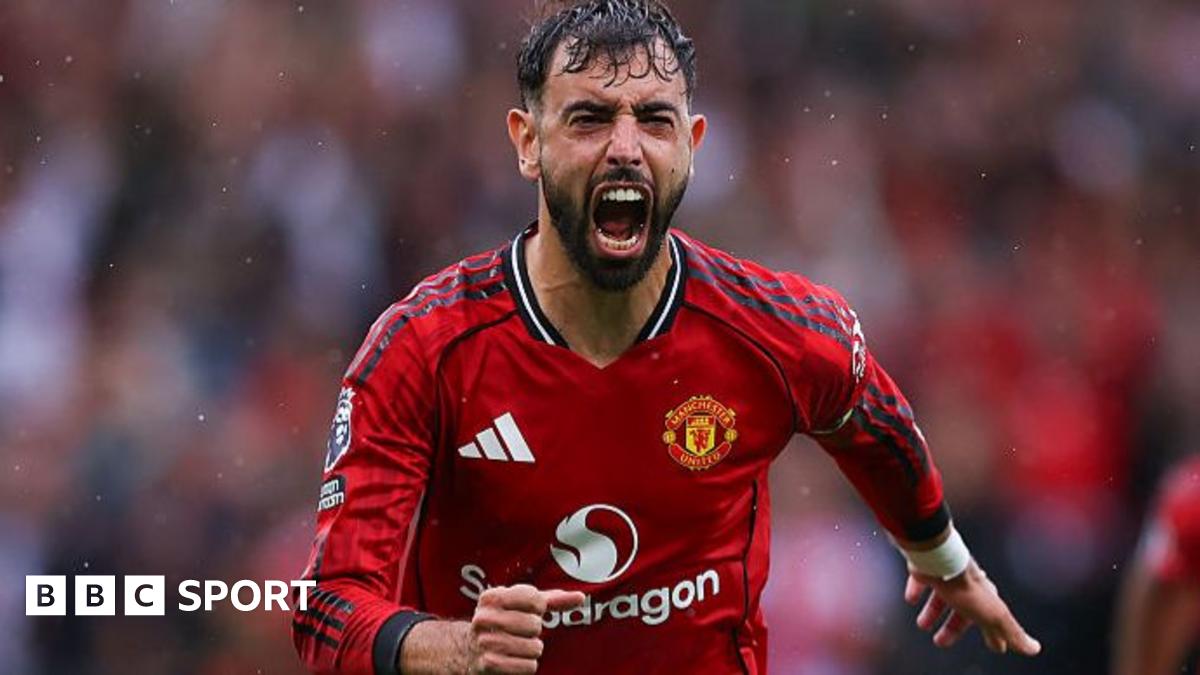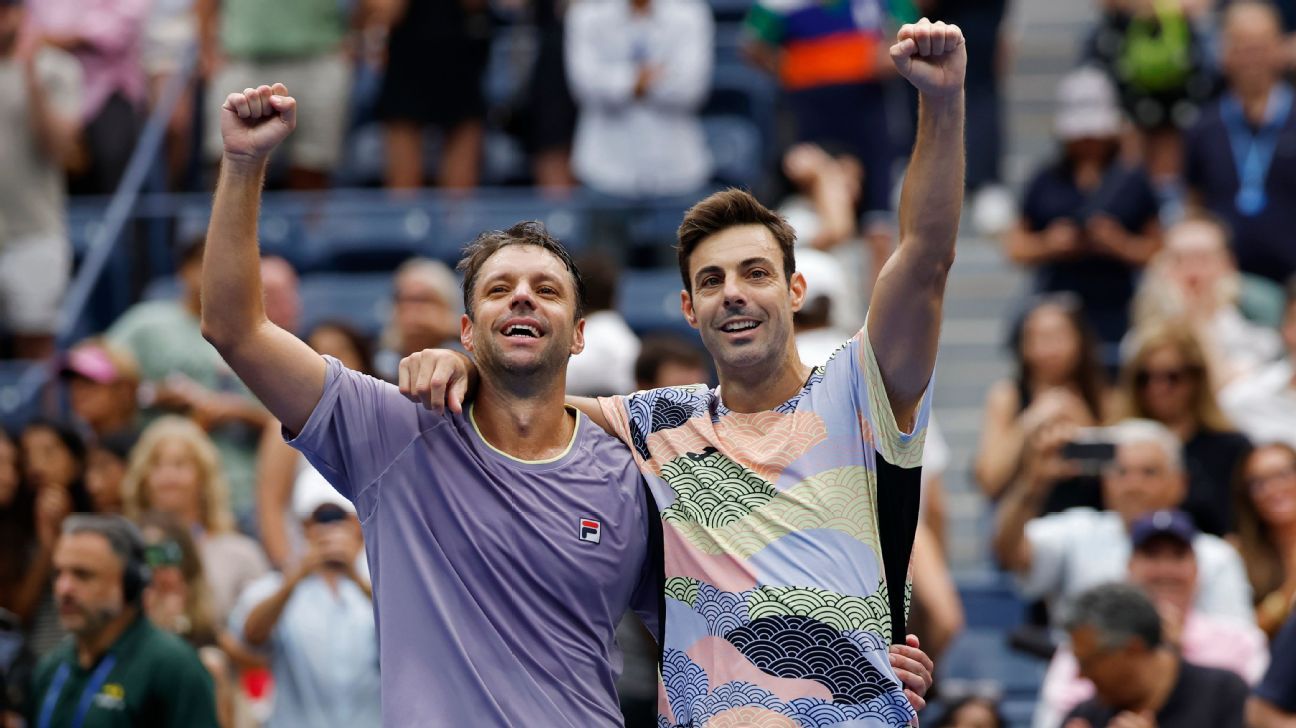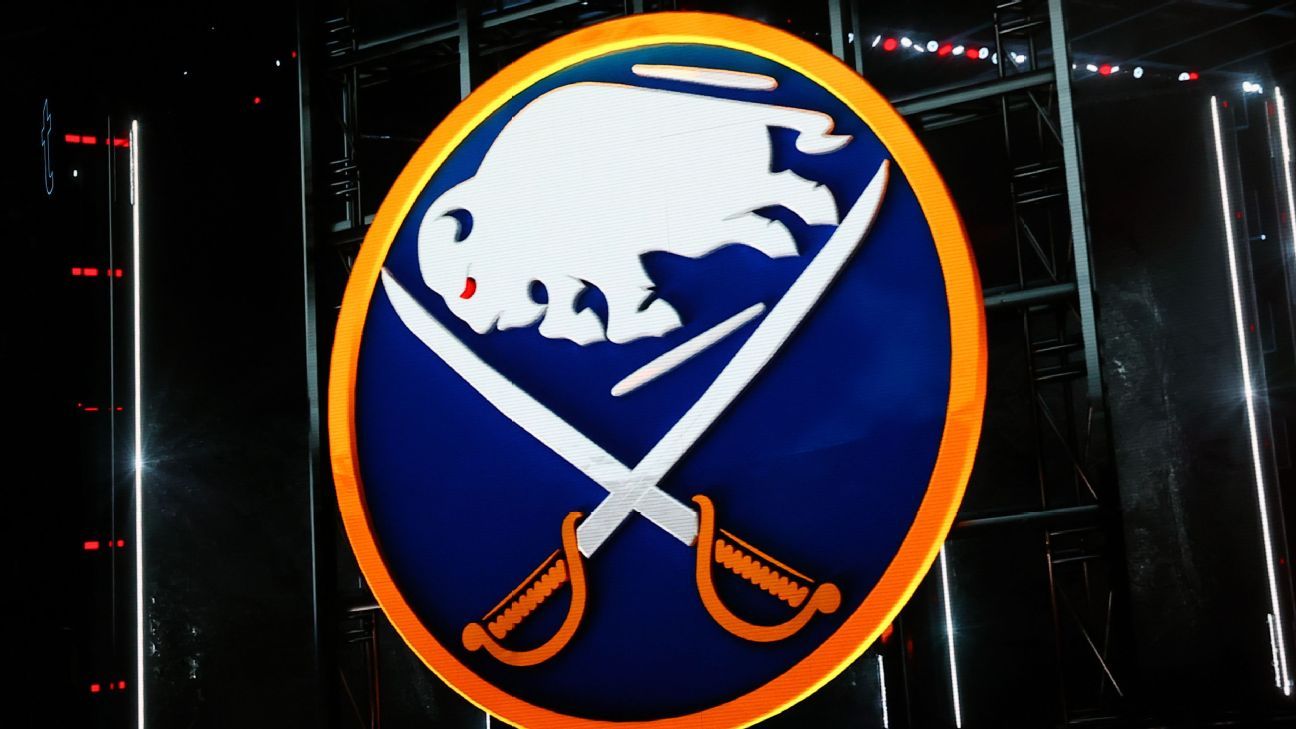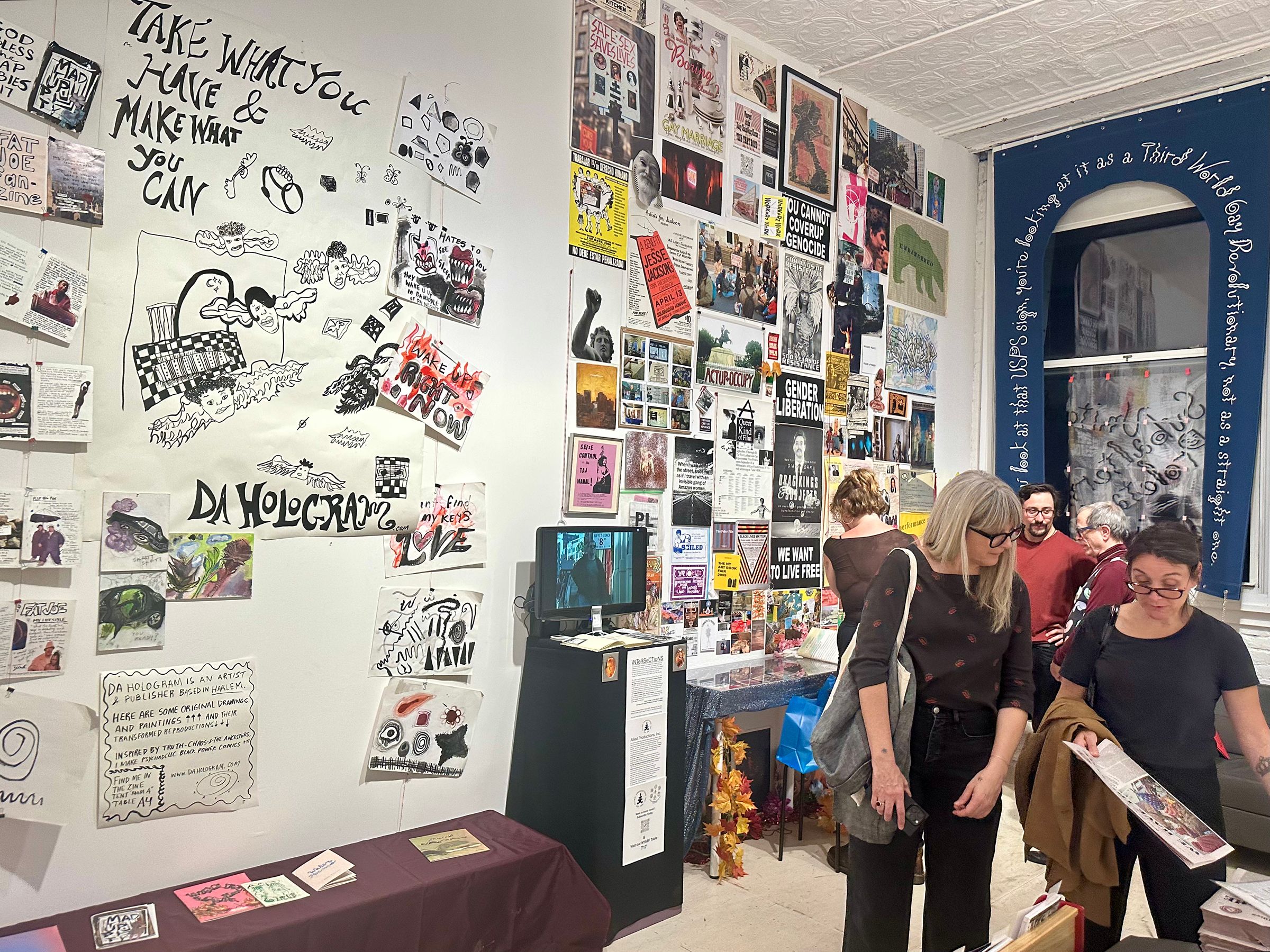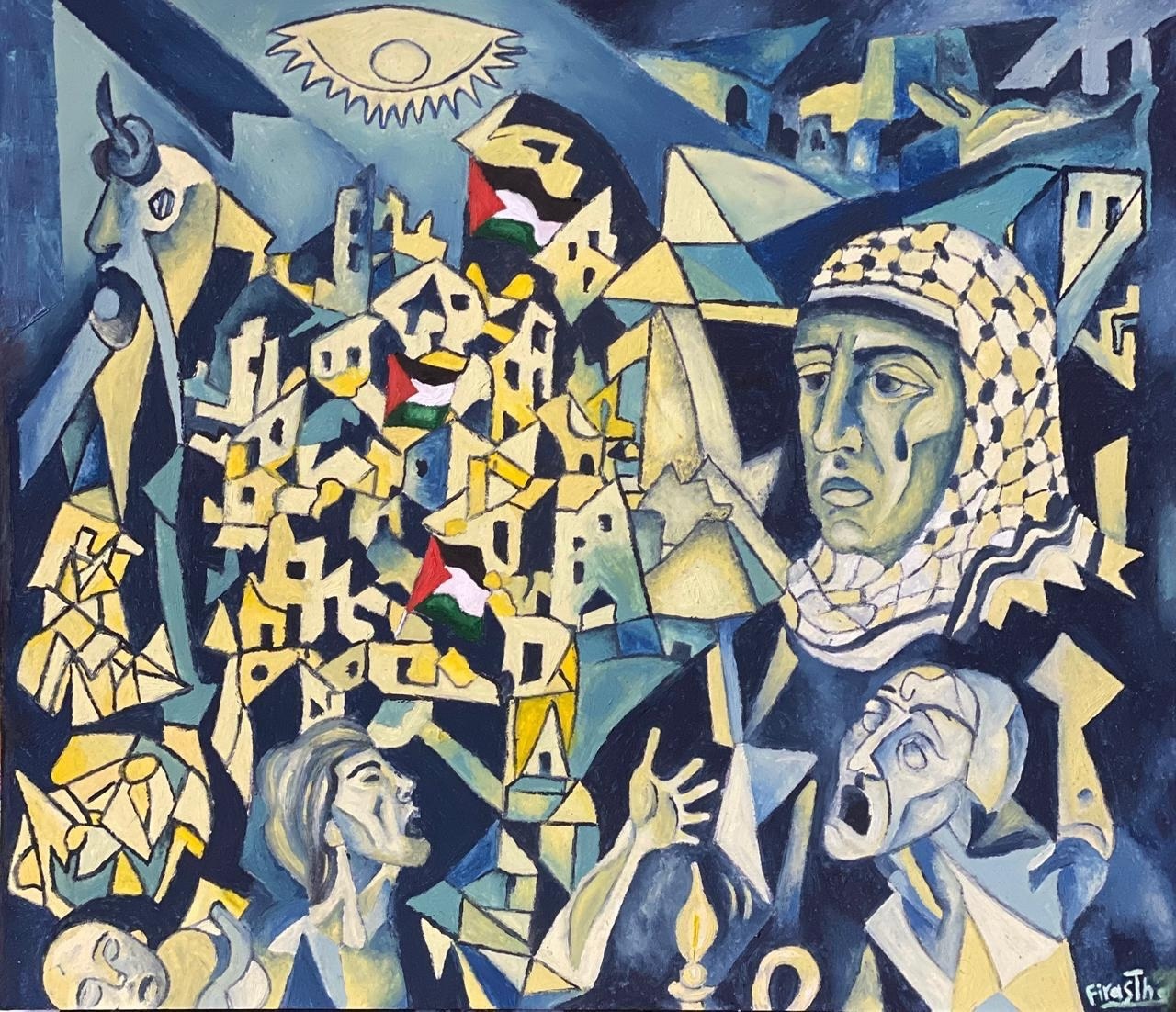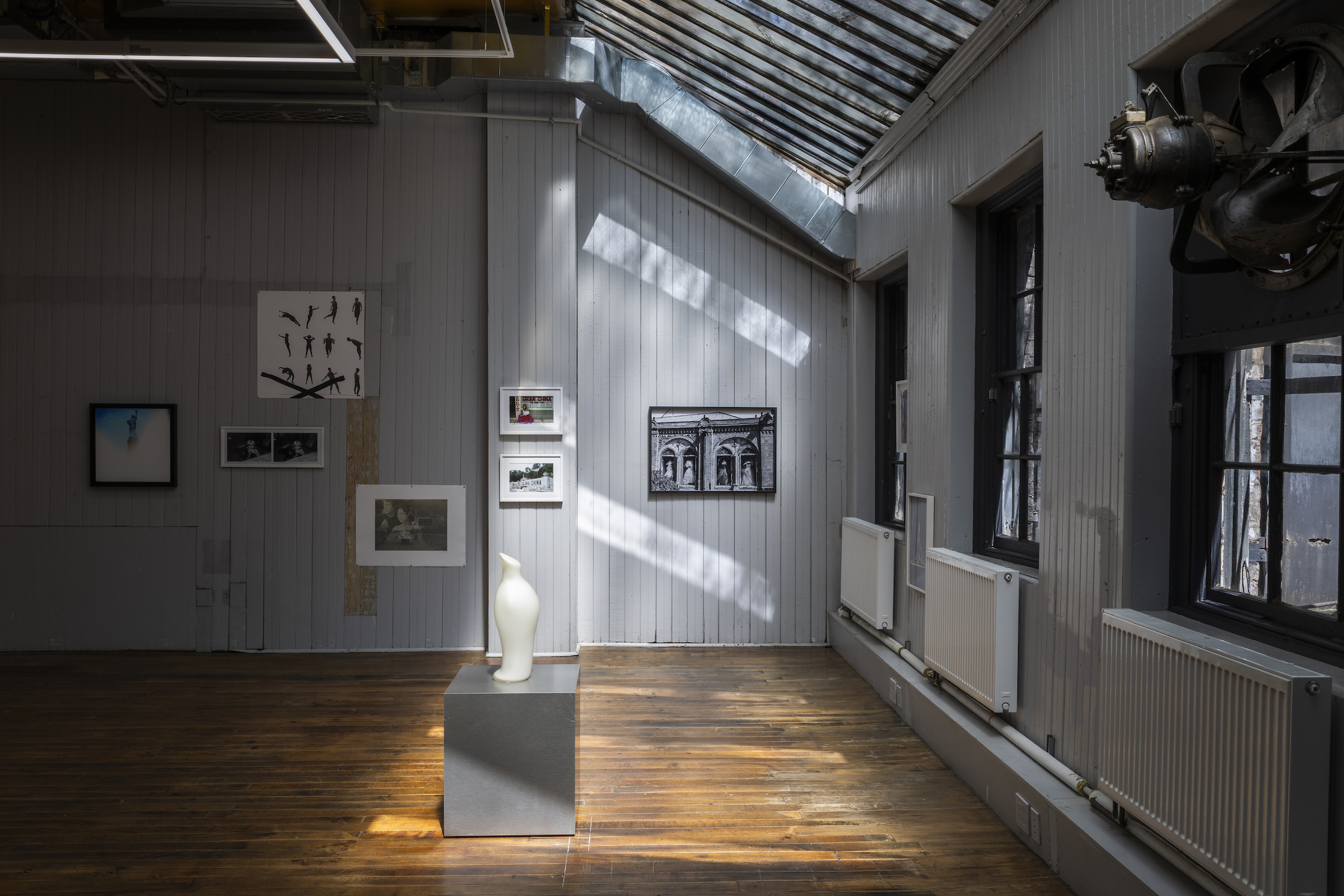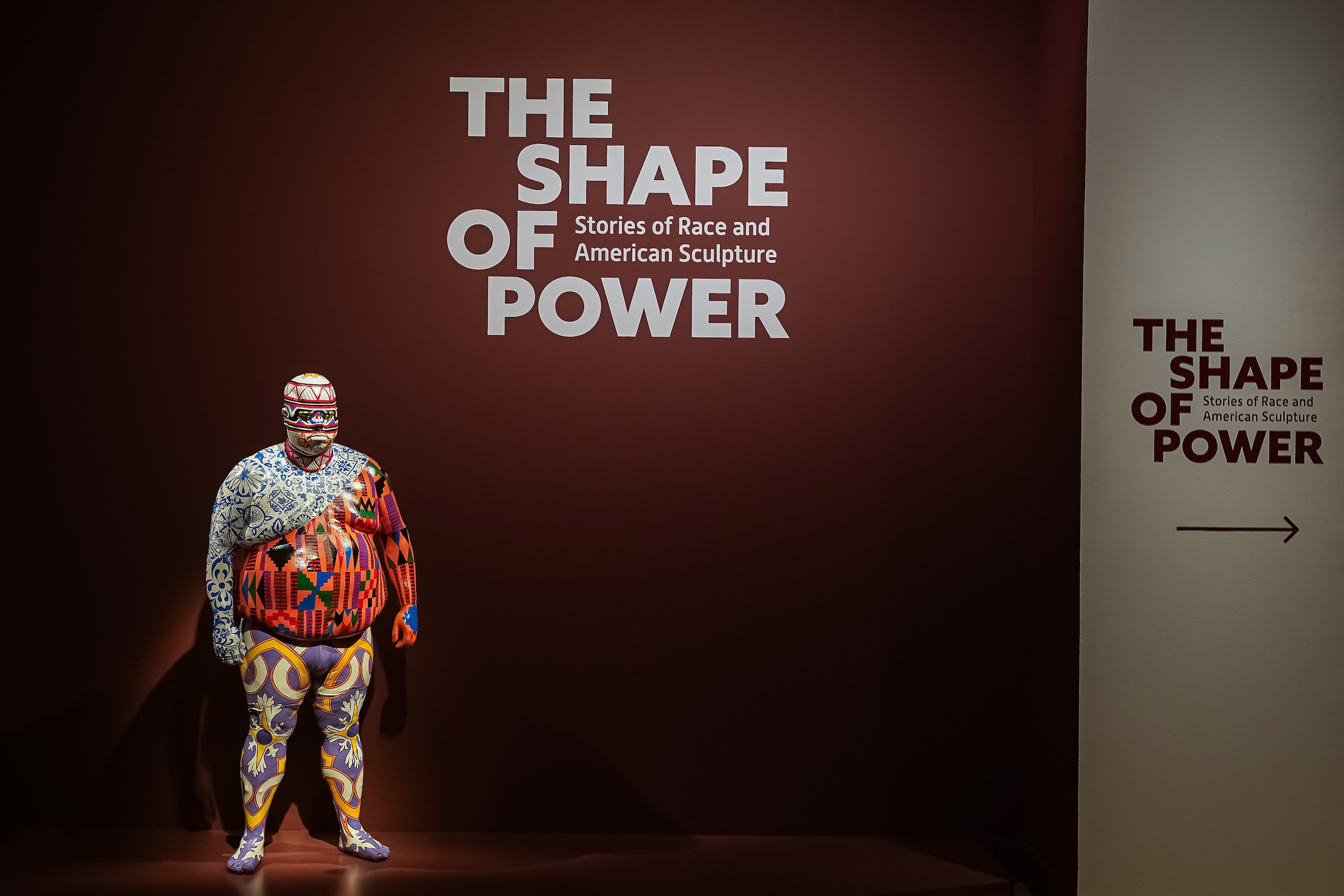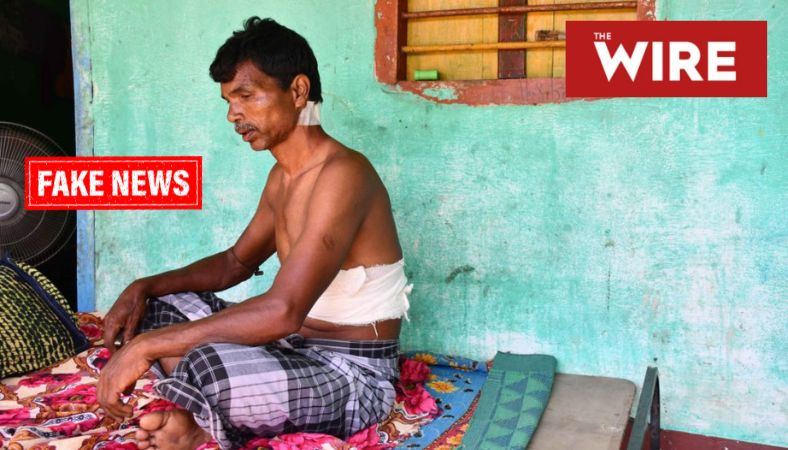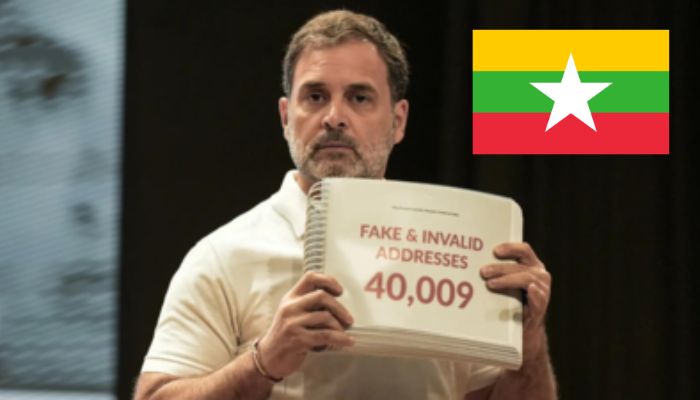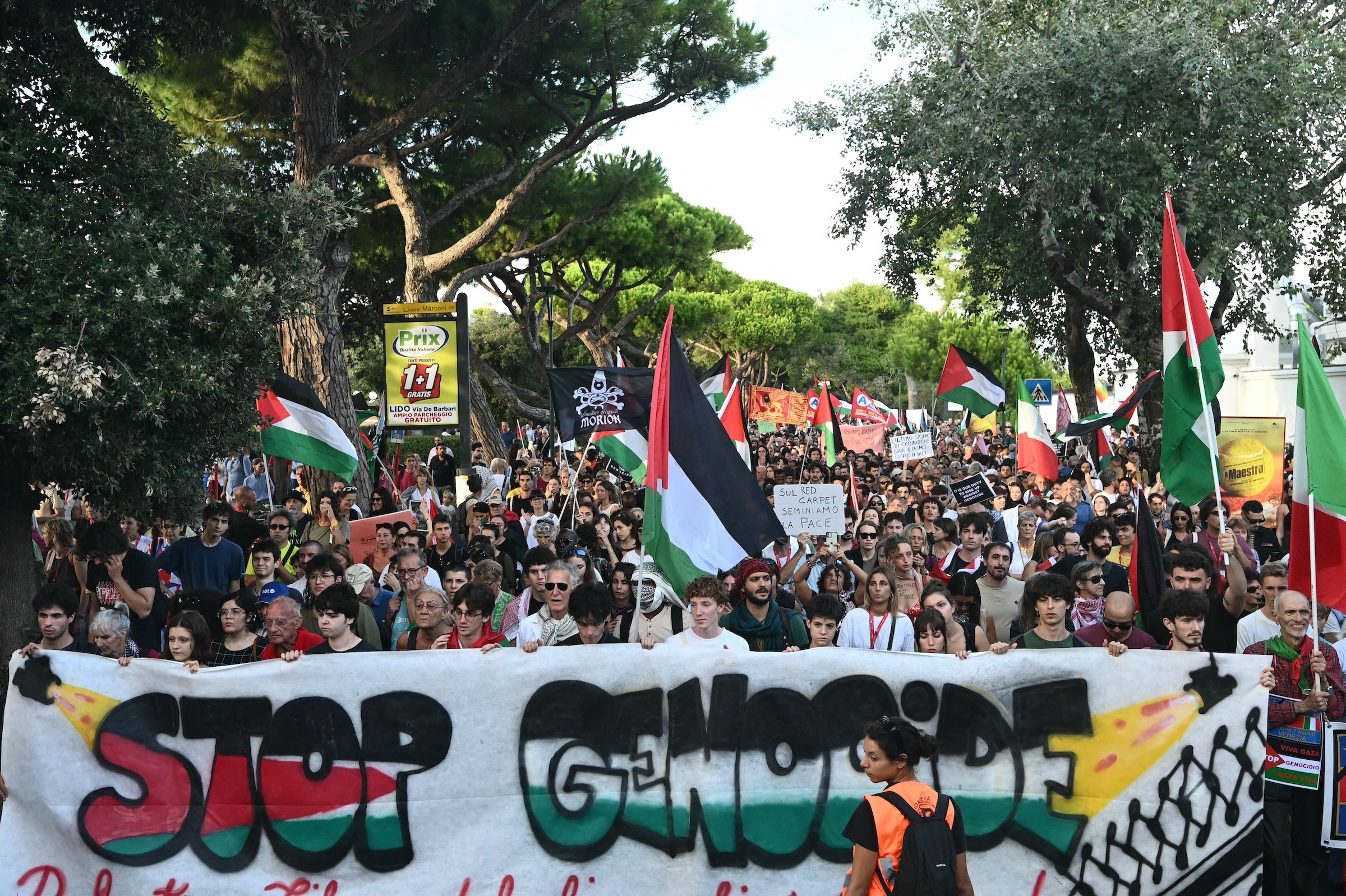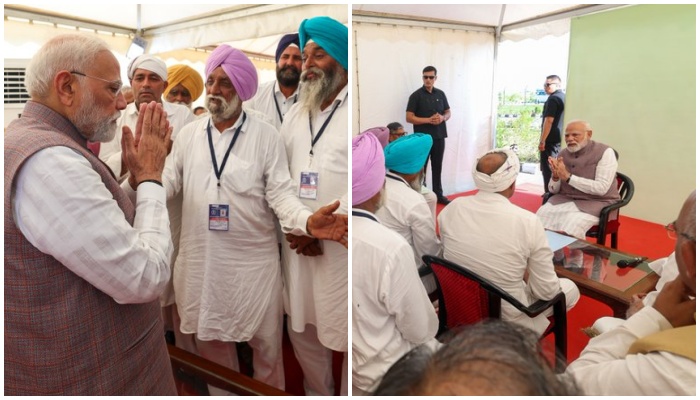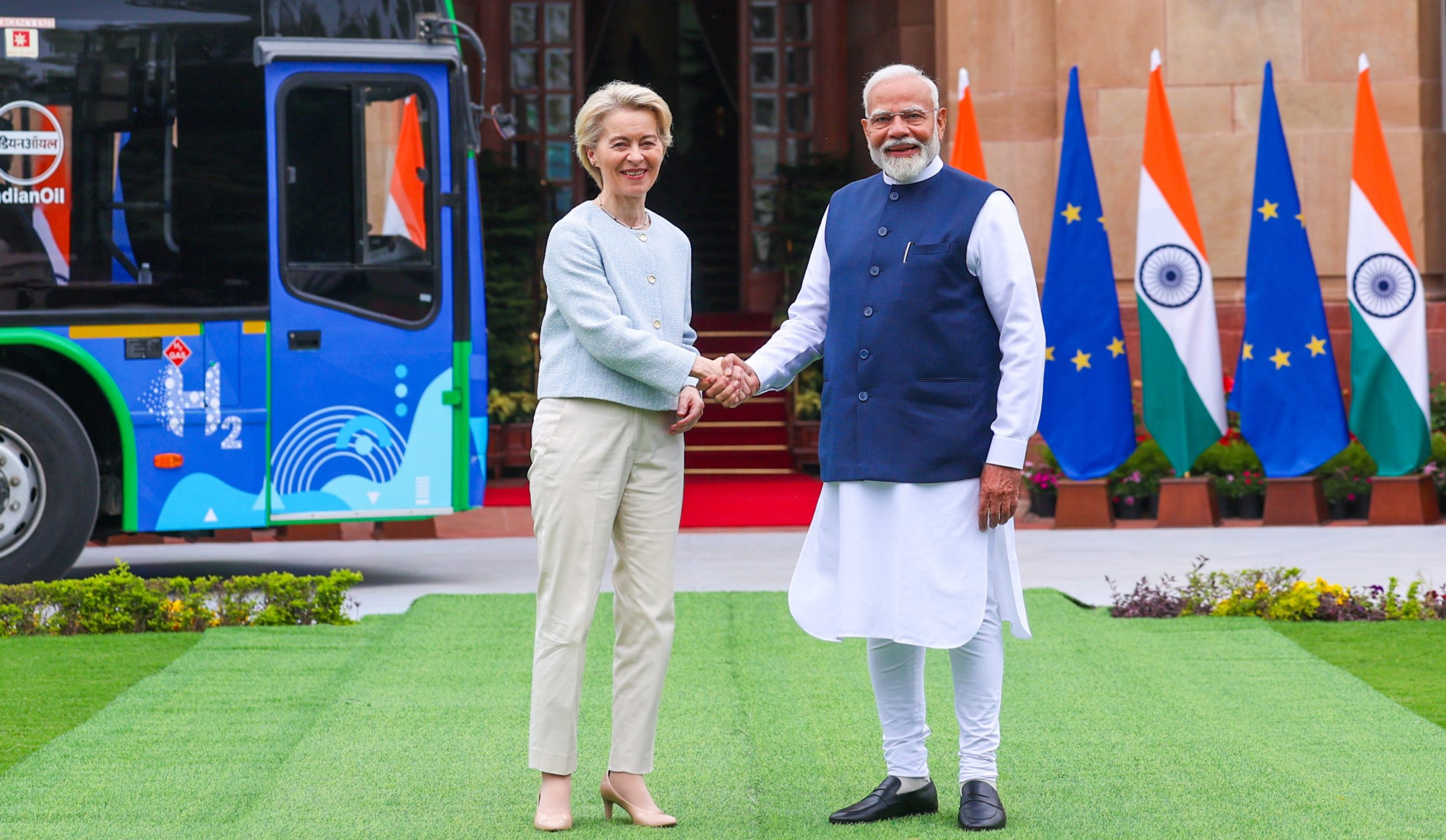France comes to a standstill with ‘Block Everything’ protests: As Macron govt is paralysed by blockades, fires, and clashes, is the nation reckoning with another Yellow Vest moment?
France is once again in turmoil. On Wednesday, the Bloquons Tout (“Block Everything”) movement erupted across the country, with protesters blocking highways, setting fires, occupying gas stations, and clashing with police. What began as an online call to shut down France has now morphed into a nationwide wave of unrest reminiscent of the Yellow Vest uprising of 2018. FRENCH POLICE DEPLOY TEAR GAS– Over TWO HUNDRED arrests [@APNews ]– Groups have declared this part of the "BLOCK EVERYHTHING" protestIt's the end of the Macron Government https://t.co/6WqCc3d6YD pic.twitter.com/tYfhn5PkOq— Basil the Great (@Basil_TGMD) September 10, 2025 Here’s a breakdown of why the protests are happening, what demonstrators want, how they are disrupting daily life, and how the government is responding. Why are the ‘Block Everything’ protests taking place? The unrest is rooted in the collapse of Prime Minister François Bayrou’s government earlier this week. Bayrou had unveiled a controversial austerity budget that proposed slashing more than $50 billion in spending, freezing pensions for 2026, cutting billions from healthcare, and even striking two national holidays from the calendar. The backlash was swift and cut across party lines, uniting both left and right in outrage. Although Bayrou was toppled by a no-confidence vote, the anger did not subside. Instead, Macron’s swift appointment of Sébastien Lecornu, his fifth prime minister in under two years and a longtime loyalist, fueled perceptions of arrogance and “business as usual.” Critics saw Lecornu’s rise not as a solution but as a provocation. The protests are therefore not just about austerity, but about widespread mistrust of Macron’s leadership, disillusionment with the political class, and calls for systemic change. What do the protesters want? The Block Everything movement is leaderless, decentralised, and deliberately broad, but its demands converge on a few key themes. Demonstrators want the scrapping of austerity measures such as pension freezes and healthcare cuts. They are demanding stronger public services, higher taxes on the wealthy, and action against media concentration. Many also call for greater accountability of elites and openly question the legitimacy of current institutions. A recent survey found that most participants are highly politicised left-wing sympathisers, but the movement also attracts support from the far-right National Rally and disenchanted workers. This unusual coalition underscores a simple but powerful rallying cry: anger at a ruling class seen as detached and unaccountable. How are protesters disrupting daily life? Instead of staging massive marches, the protesters have chosen chaotic, fluid actions designed to paralyse the country and frustrate authorities. Across France, they have blocked highways, bridges, and roundabouts in cities like Paris, Lyon, Marseille, Nantes, and Toulouse. In Rennes, they even set a bus on fire, while in Bordeaux, they attempted to halt tram lines. BREAKING:CHAOS IN FRANCE Thousands flood streets in nationwide “Block Everything” protests against government economic policies. Clashes with police erupt, transport disrupted, 80,000 officers deployed as unrest mirrors Yellow Vest tensions. pic.twitter.com/yNoinBpA20— The_Independent (@TheIndeWire) September 10, 2025 Transport chaos has been central: train traffic was disrupted after cable arson in the southwest, protesters repeatedly tried to choke Paris’s ring road during rush hour, and tram services were briefly halted in Bordeaux. Schools were also targeted, in eastern Paris, students blocked entry to a high school, sparking clashes with police who used tear gas to break up the blockade. Meanwhile, workers staged pickets outside an Amazon depot in northern France. Protests against French President Emmanuel Macron are taking place in Paris and other citiesAs part of the "Block Everything!" action, the French are throwing trash at police officers and blocking roads with containers. pic.twitter.com/zkXLba36Xm— cvetko35 (@cvetko35) September 10, 2025 In total, unions claimed over 700 separate disruptions nationwide, ranging from burning barricades to small-scale street actions where demonstrators overturned bins, lit fires, and regrouped after police dispersals. The result has been a game of cat-and-mouse between protesters and security forces, leaving daily life in several regions severely disrupted. What is the government doing? The Macron administration has responded with one of the largest domestic security operations in recent memory. Eighty thousand police and gendarmes were deployed nationwide, with 6,000 stationed in Paris alone. Outgoing Interior Minister Bruno Retailleau gave security forces a “zero tolerance” mandate: no blockades of critical infrastructure such as airports, power plants, or water treatment facilities would be allowed. Police have fired tear gas, dismantled barricades, and car
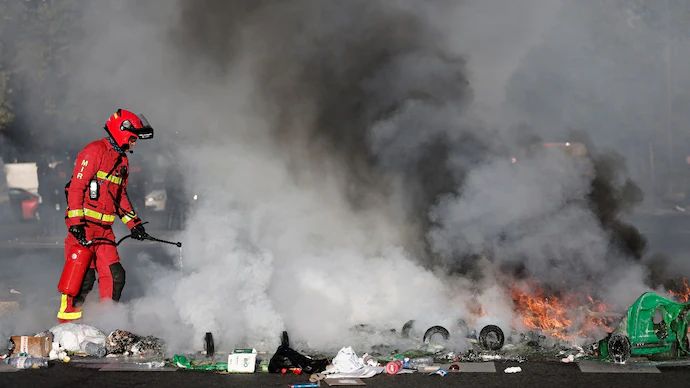


France is once again in turmoil. On Wednesday, the Bloquons Tout (“Block Everything”) movement erupted across the country, with protesters blocking highways, setting fires, occupying gas stations, and clashing with police. What began as an online call to shut down France has now morphed into a nationwide wave of unrest reminiscent of the Yellow Vest uprising of 2018.




